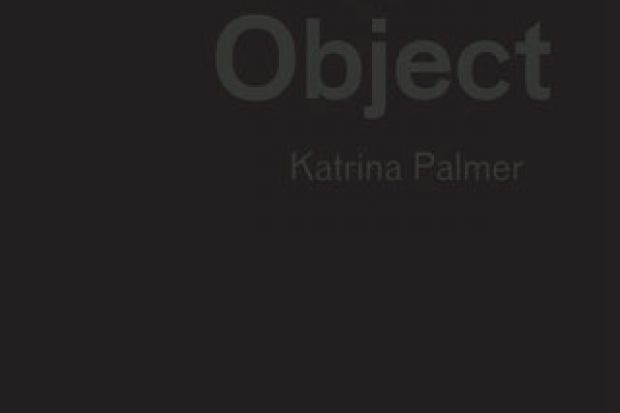Laura Davidson, academic support administrator, Central Saint Martins, University of the Arts London, is reading Katrina Palmer’s The Dark Object (Book Works, 2010). “A tale set in an art college whose obscure regulations mean that the sole remaining student is forbidden from making an object and is confined to a locked studio without materials or tutors as a precautionary measure. Palmer’s narrative lurches from the descriptive to the surreal (Hegel appears as a skeleton) and ultimately poses ambient questions about the institutional frameworks in which art is created.”

Paul Greatrix, registrar, University of Nottingham, is reading David Duncan’s More than Conquerors (Kindle, 2014). “A distinctive (very short) approach to the campus novel that offers the most exciting representation of a registrar since Lucky Jim. Set in a real university (York) but with fictional characters, the hero is a former intelligence officer turned university leader who has to manage international higher education action and campus crises. Fast-paced, fun and a fundraiser – all good reasons to read it.”

Philip Kemp, visiting lecturer in film journalism, University of Leicester, is reading Guy de Maupassant’s Contes et Nouvelles (Éditions de la Pléiade, 1974). “Two and a half thousand pages plus copious notes – an ordeal? Anything but. The stories generally run to no more than six or seven pages, and Maupassant’s subversive wit and the lucidity of his style make them a constant delight. Old favourites such as Boule de Suif and Le Horla, of course; but you will also discover forgotten gems such as La Toux, which is about farting in bed.”

Dan Murch, project officer for standards, quality and enhancement, Quality Assurance Agency, is reading Roberto Bolaño’s The Savage Detectives (Picador, 2009). “As a straggler on the Roberto Bolaño wave that built and broke in the past decade, I first read 2666 and have made my way to this, its oblique predecessor. It is a great roving book that covers continents and decades, and the tight control of the story within the bounds of the ‘bibliomaniacal’ Bolaño universe is impressive.”

Sharon Wheeler, senior lecturer in journalism, University of Portsmouth, is reading Jayne Anne Phillips’ Quiet Dell (Jonathan Cape, 2014). “This is a quietly engrossing story, based on a true case that has apparently been on the author’s mind since childhood. It tells the story of a 1931 multiple murder by a conman who preyed on widows, and mixes fiction, photos and newspaper accounts of the time. A dogged young female journalist, Emily Thornhill, is at the centre of this mesmerising tale.”

